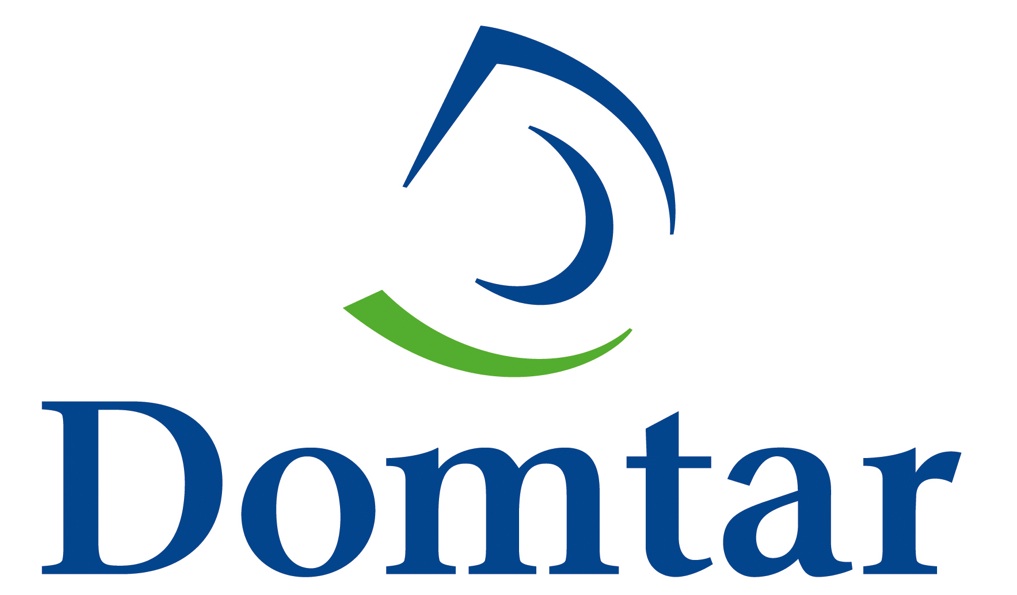Domtar’s STEM Program Works to Build Future Leaders

Domtar’s STEM Program Works to Build Future Leaders
The United States is a world leader thanks in large part to the work of the its scientists, engineers, mathematicians and innovators. Our future success depends on the work of the next generation’s brilliant minds, who will seek out innovative solutions to current — and currently unknown — problems.
But, according to the U.S. Department of Education, not enough schoolchildren have access to quality science, technology, engineering and math (STEM) programs. To bridge the gap, leaders, educators and corporations across the country are rising to the challenge of building tomorrow’s innovators. Domtar is part of this effort, thanks to the STEM program held by Domtar’s Plymouth Mill in North Carolina.
STEM Events Highlight Domtar Careers
In recognition of Earth Day on April 22, Plymouth Mill colleagues planned events at nearby schools as well as a tour of the mill through its STEM program. Our colleagues — including the mill’s engineers, scientists and innovators — talked to students about their work and offered a glimpse of how STEM studies can be applied in real life. The sessions highlighted Domtar’s dedication to sustainable and responsible manufacturing and timber sourcing.
“It is a core value at Domtar to care and to innovate,” said Diane Hardison, environmental manager for Domtar’s Plymouth Mill and a 29-year Domtar colleague. “We’re here by permission, and it’s our responsibility to be a good neighbor and a good community citizen. We work to get more involved with area citizens and help develop future leaders for Domtar and the community. It’s not just talk at Domtar; it’s truth. We value that this mill supports many communities and provides jobs to its people.”
In 2013, the Plymouth Mill began giving tours of the facility to area middle school students. On the tours, students learn about fluff pulp, how absorbent care products are produced and the choices Domtar makes to be good stewards of the earth; they also talk to engineers, scientists and other employees about their jobs at the mill. The program has since expanded and now Plymouth Mill colleagues make visits to area schools.
“We’re showing the kids where math, science and engineering can take you,” said Bracky Bickerstaff, senior project engineer at the Plymouth Mill and a 27-year Domtar colleague. “But there are other opportunities at the mill too. If you like to work with your hands, we have mechanic positions. We also have a nurse on staff for those interested in health care. There are many career paths at Domtar that we can show the students.”
Featured in all STEM presentations is the Plymouth Mill’s award winning K-Lime fertilizer. Developed in and in use since 2013, K-Lime is a potassium-and-lime fertilizer made from byproducts from the paper-manufacturing process. The Plymouth Mill produces 30,000 tons of Plymouth K-Lime every year, diverting more than 190 tons of waste from the landfills each day.
“Our Plymouth K-Lime is a great example to students of how science and sustainable thinking come together to benefit business, farmers and the Earth,” Hardison said.
STEM Awareness Leads to Recruitment
Exposing children to STEM and STEM-based careers is important. Too few students have access to quality STEM learning opportunities or see the disciplines as springboards for future careers, says the U.S. Department of Education. In fact, students in the United States continue to rank behind their peers in many other countries, according to the Pew Research Center. According to recent data, the Pew Center says, U.S. students rank 38th in mathematics and 24th in science among industrialized nations.
In response, the National Science and Technology Council’s Committee on STEM Education is working to develop and recruit 100,000 STEM teachers, and they have set a goal to see at least 1 million students graduate with degrees in STEM-related fields by 2020. The committee has also set goals for graduate education, public engagement and increased participation among underrepresented populations.
“Our STEM program is an opportunity for us to talk to kids in our communities about careers and how far they want to take their schooling,” Bickerstaff said. “We understand that not everyone wants to live in the rural areas where paper mills are located, so sometimes our best chances for future employees and leaders are these hometown boys and girls. We’re working to get them interested and learning. And we want to be a good neighbor.”
Domtar Newsroom offers compelling and inspiring sustainability stories about Domtar, its people, products, partnerships, industry and communities. For more stories about Domtar's sustainability work, including important and stimulating environmental news for customers, media, consumers and employees, please visit the Domtar Newsroom.

